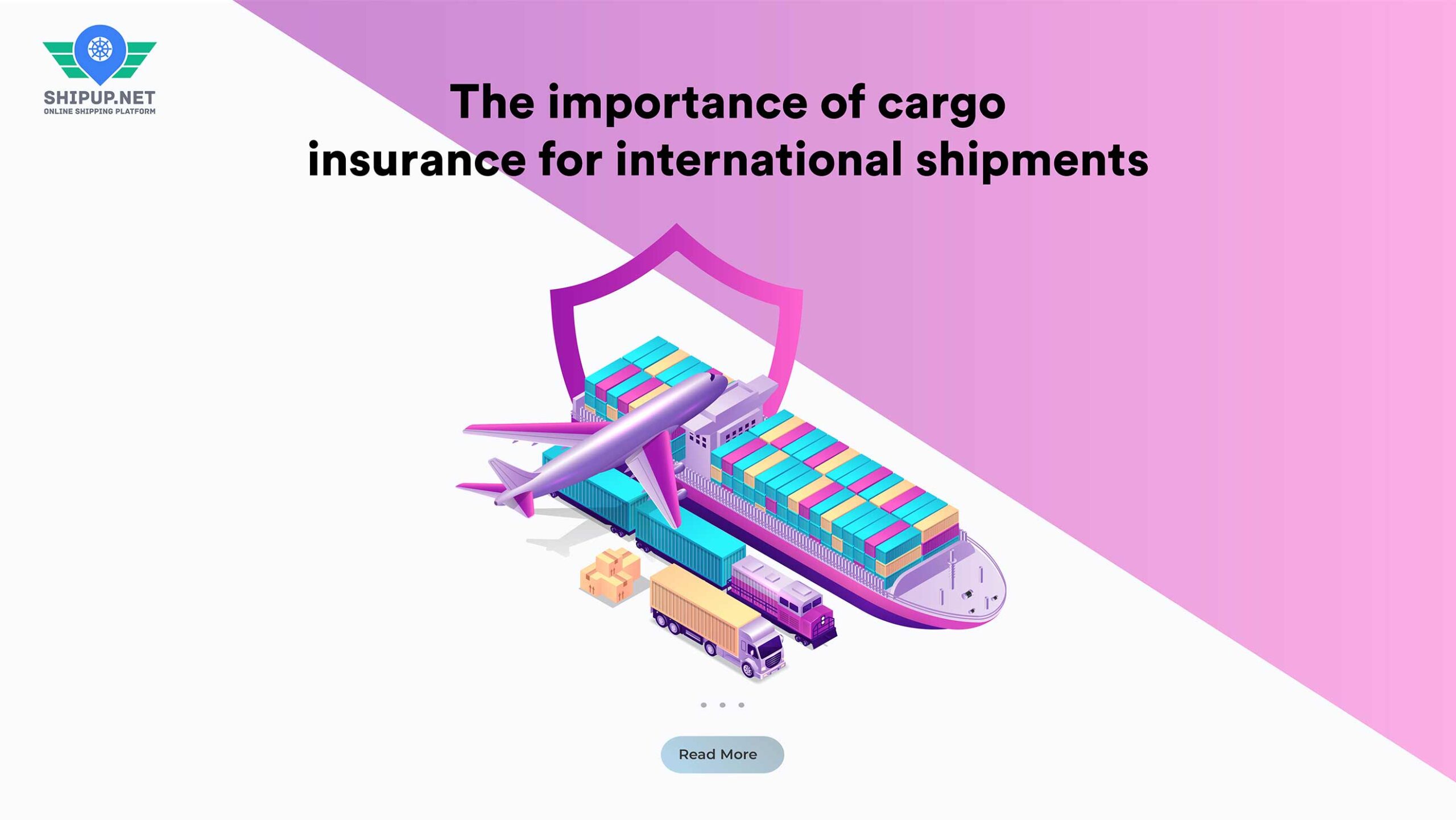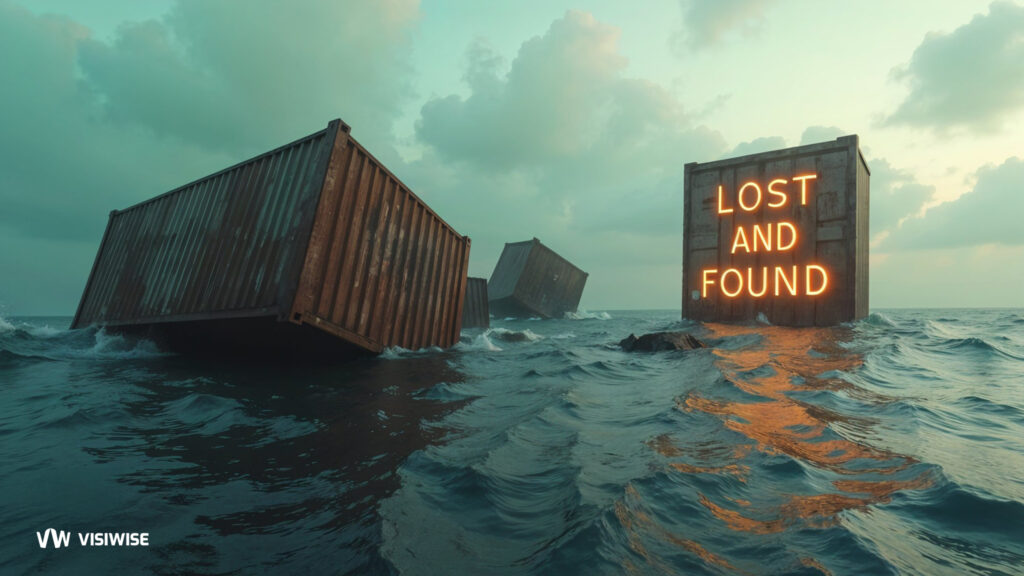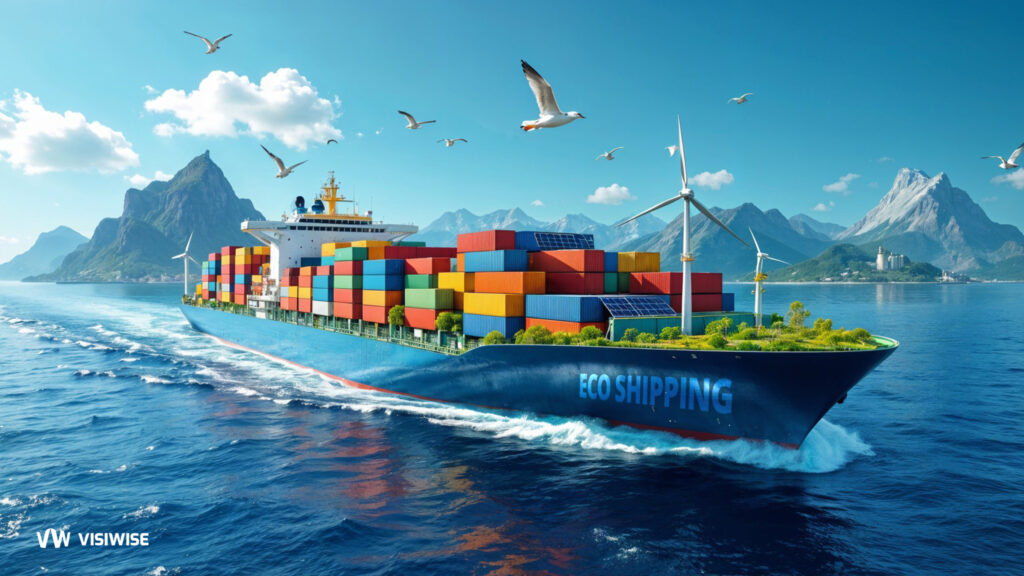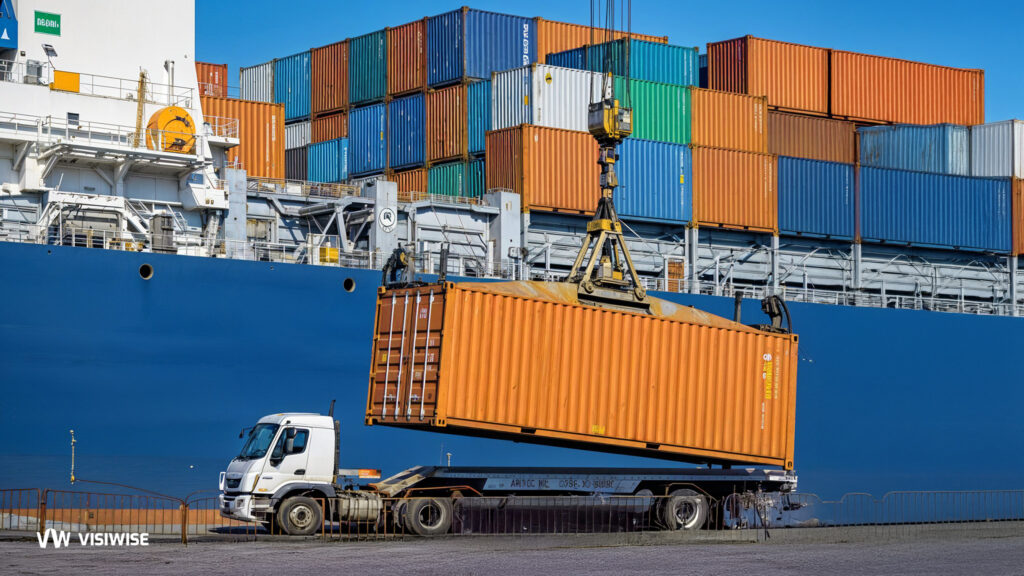In the shipping industry, the delivery of goods safely and within the promised timeframe is a crucial factor that determines the success of all parties involved. Regardless of whether the shipment is being transported across a single country or across the globe, unforeseen events can occur during transit, which can throw off even the most carefully laid plans. From unexpected accidents on the road to incidents of cargo theft, or even natural disasters, there are a myriad of risks that can cause damage or loss to a shipment.
To protect against these risks, it’s essential to invest in insurance coverage for your cargo. With the right insurance policy, you can rest easy knowing that you are safeguarded against any unforeseen circumstances that may arise during transit. Whether it’s a minor delay or a major disruption, the right insurance coverage can help to mitigate the financial impact of any potential loss or damage to your shipment.
Protecting freight against loss by Shipment Insurance
Protecting freight against loss is a top priority for anyone involved in the shipping industry. Despite your best efforts, the reality is that you cannot always guarantee the safety of your cargo. In fact, the number of containers lost at sea each year is alarming, highlighting the risks involved in transporting goods across vast distances.
The good news is that there are steps you can take to protect the value of your goods against potential losses while they are in transit. Investing in cargo insurance can provide you with the peace of mind you need to focus on other aspects of your business. However, it’s important to understand how liability works in the event of a loss, as there are often misunderstandings surrounding this complex topic.
By gaining a better understanding of cargo insurance and its associated rules and regulations, you can help mitigate the risks associated with shipping goods. With the right insurance policy, you can rest assured that your cargo is protected against loss or damage, even in the event of unforeseen circumstances. So if you’re involved in the shipping industry, it’s time to take a closer look at cargo insurance and how it can benefit your business.
What is cargo insurance?
Cargo insurance is an essential component of any comprehensive shipping strategy. It provides protection against physical damage, theft, and general average, ensuring that the value of your goods is safeguarded against unforeseen circumstances during transit. While not all shipped goods automatically come with cargo insurance coverage, shippers or consignees can purchase policies from a variety of providers, including niche insurers, large brokers, local agents, websites, and freight forwarders.
In many ways, cargo insurance can be compared to car insurance. Just as you pay for coverage on your car to protect against accidents and theft, cargo insurance provides protection against loss or damage to your goods during transit. While you may not always experience issues with your car or your cargo, it’s essential to invest in insurance coverage to ensure that you’re prepared for the unexpected.
Do I Need Cargo Insurance?
When it comes to shipping goods, there is always a certain degree of risk involved. Unforeseen events during transit can lead to damage or loss of cargo, potentially costing you a significant amount of money. While cargo insurance is not a requirement, it is highly recommended if you want to protect your goods from exposure to risks that could be catastrophic.
Without proper insurance coverage, you could be left with significant losses and collateral damage in the event of an incident. While ocean carriers and air freight carriers may offer limited liability coverage, the amount is often far less than the value of the goods being shipped. In fact, ocean carriers may only be liable for $500 USD per package or customary shipping unit, while air freight carriers are only liable for 19 SDR per kilo (around $24 USD).
When deciding whether to invest in cargo insurance, it’s important to weigh the potential costs against the potential losses. While insurance coverage may come with a price tag, the cost of not having it could be much higher. In the end, investing in cargo insurance is a small price to pay for the peace of mind that comes with knowing that your goods are fully protected during transit.
Who is Liable for Damage to My Freight?
When it comes to shipping goods, there are many potential hazards that could lead to damage or loss of cargo. While carriers may be held liable for certain types of damage, there are many situations where they are not responsible, such as acts of God, fires, accidents at sea, strikes, and more. As a result, proving liability for freight damage can be challenging and time-consuming.
Furthermore, there are numerous parties involved in the shipping process, including carriers, warehouses, and freight forwarders. This can make it difficult to determine where damage occurred or who is responsible for the loss. However, with a cargo insurance policy, you can protect yourself from these losses without having to prove liability.
By investing in cargo insurance, you can rest assured that your goods are fully protected from potential damage or loss during transit, regardless of who is ultimately responsible. This provides peace of mind and ensures that you are not left with significant losses in the event of an incident. While liability can be a complex issue in the shipping industry, cargo insurance provides a straightforward solution to protect your investment.
General Average in Cargo Insurance
When it comes to shipping cargo, there are certain terms that you need to be aware of to ensure that you are fully protected from unexpected costs. One of these terms is general average, which refers to a situation where all those who have cargo on a ship may be required to share in the cost of an extraordinary sacrifice or expenditure that the carrier experiences, such as a fire or a collision.
If you have cargo on a ship that declares general average, you may be required to pay a deposit to release your cargo, and this can take weeks to calculate. The costs can be significant and may far outweigh the value of your goods, as was the case with a customer who had to pay $50,000 USD to release their $100,000 USD cargo. This is where cargo insurance comes in as it provides protection against the unexpected costs of general average.
The Importance of Negotiating Insurance in Trade Deals
When you want to trade deals with your buyers or suppliers, simply agreeing on terms may not be enough to protect your cargo from potential loss or damage. Under the cost insurance and freight (CIF) terms, for instance, suppliers may only provide minimal coverage for your cargo. As such, it is important to negotiate with them for the right level of insurance coverage that would sufficiently safeguard your investment.
However, negotiations can be challenging, especially when it comes to insurance. This is why it is crucial to understand the insurance policies of your buyers or suppliers before finalizing any trade deal. By doing so, you can ensure that your cargo is adequately covered against unforeseen events such as theft, fire, accidents, or natural disasters.
Negotiating insurance in trade deals also helps you avoid the risks of financial loss that can arise from insufficient or inadequate coverage. It is crucial to take the time to examine the insurance policies offered by your potential buyers or suppliers, as well as the associated costs. This way, you can have peace of mind knowing that your investment is well-protected and that you are not left to bear the financial burden of any potential loss or damage.
Who Is a Quality Cargo Insurance Provider?
As a business owner, choosing the right cargo insurance provider can be challenging. With so many providers out there, it can be hard to determine which one is the best fit for your company’s needs. While some may assume that the highest-priced insurance provider will provide the best coverage, that isn’t always the case. Here are the top three qualities you should look for in a quality cargo insurance provider.
Firstly, flexibility in policy options is key. A great cargo insurance provider understands that different businesses have different needs. They should offer a range of policy options that are customizable and cater to the specific needs of your business. Look for a provider that offers low or no deductibles and can provide coverage for all of your standard commodities. This will help ensure that your goods are protected against financial exposure, physical loss, or damage while they’re in transit.
Secondly, all-risk coverage is essential. The right cargo insurance provider should provide coverage for all potential risks that your cargo may face while in transit. From theft to natural disasters, your insurance provider should be able to offer you coverage that will protect your business from financial loss. It’s important to note that not all cargo insurance providers offer all-risk coverage, so it’s crucial to do your research.
Finally, a quality cargo insurance provider should have a team of qualified insurance experts to guide you through the purchasing and claims process. Dealing with insurance claims can be complicated, and having an expert on your side can make all the difference. A good provider will have a team of experienced professionals who can help you navigate the complicated rules and regulations of the industry to quickly resolve any claims that may arise.



